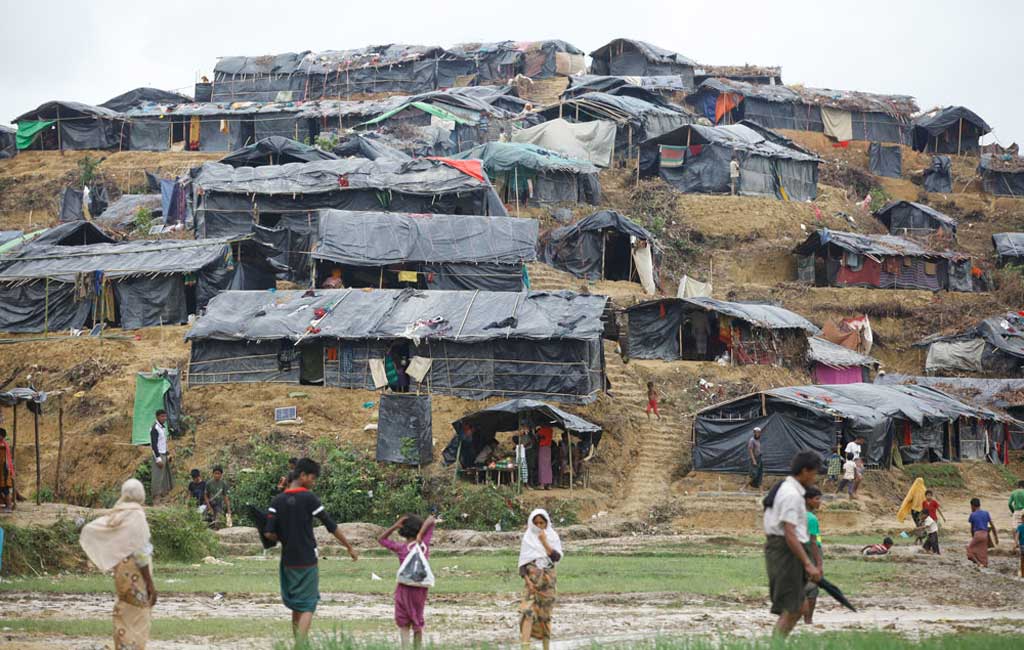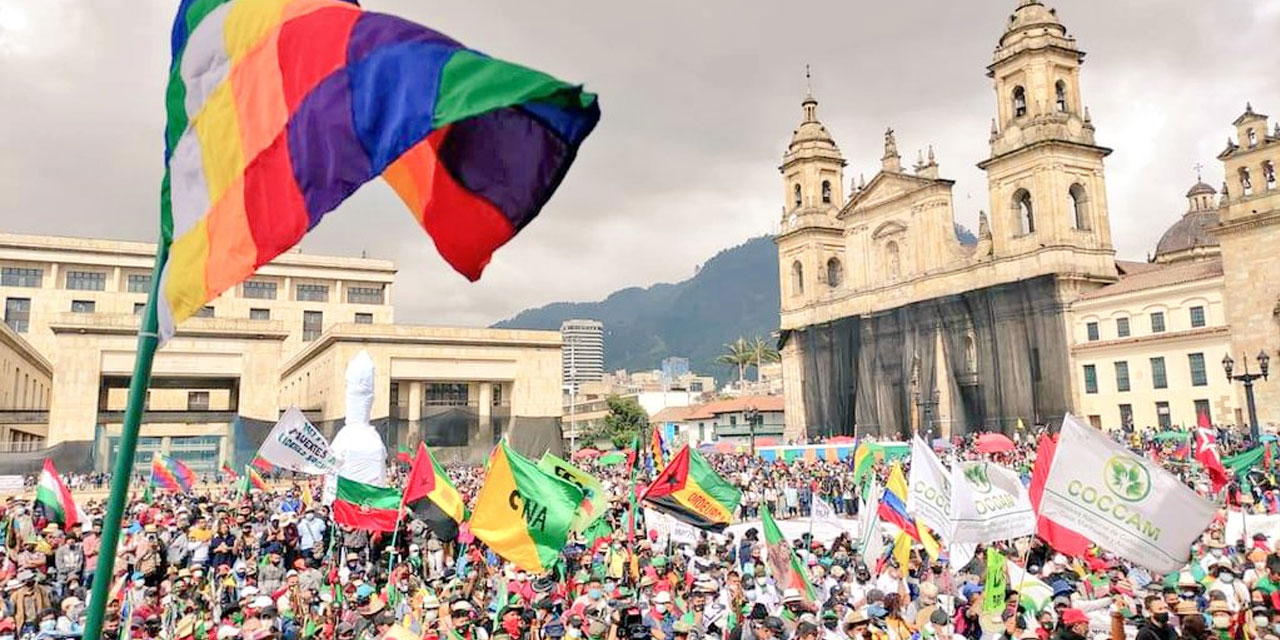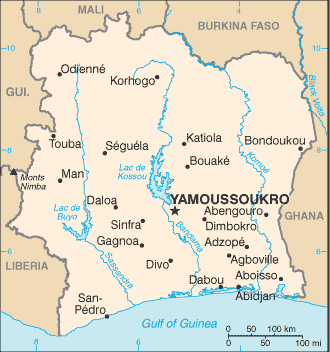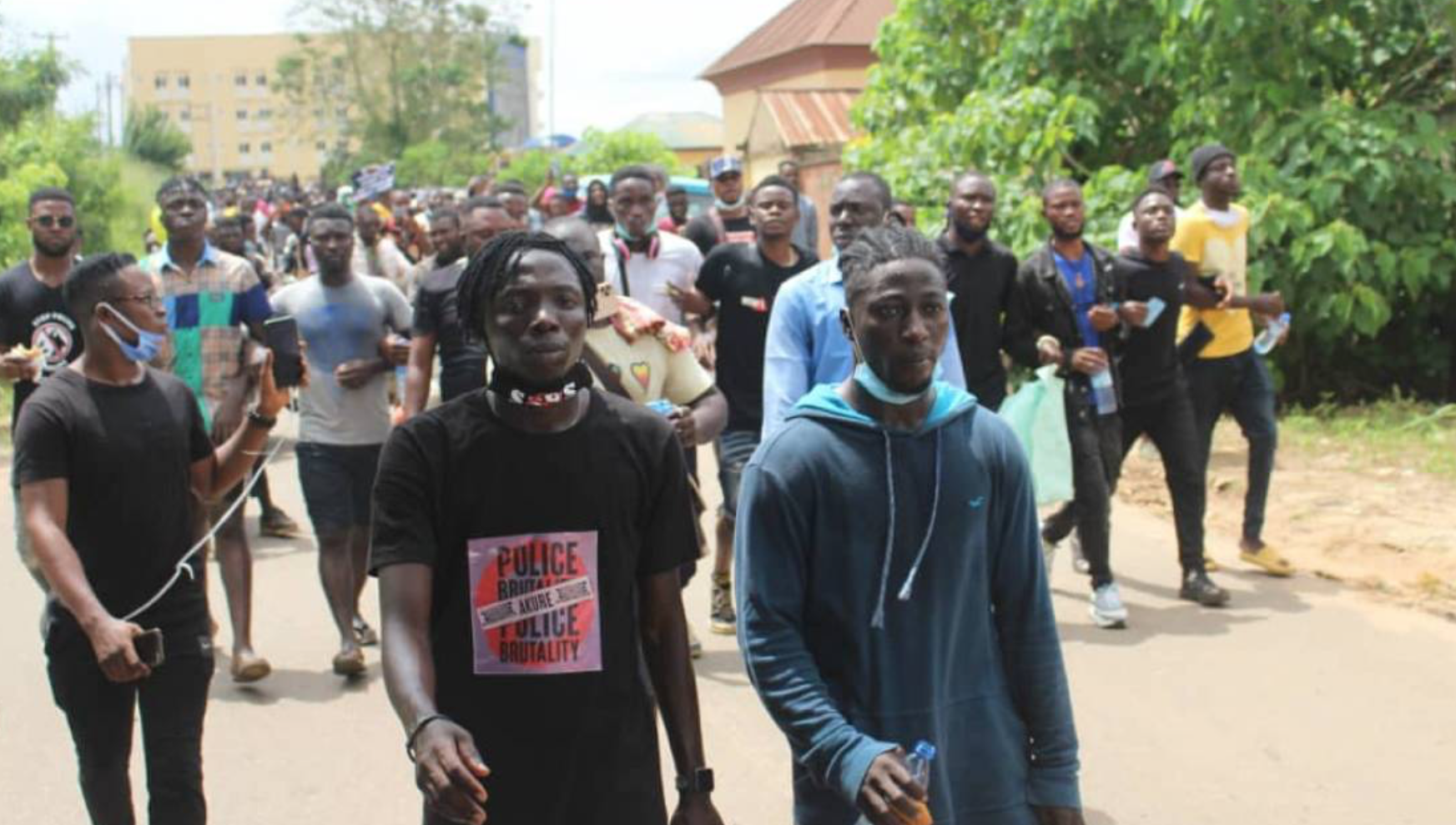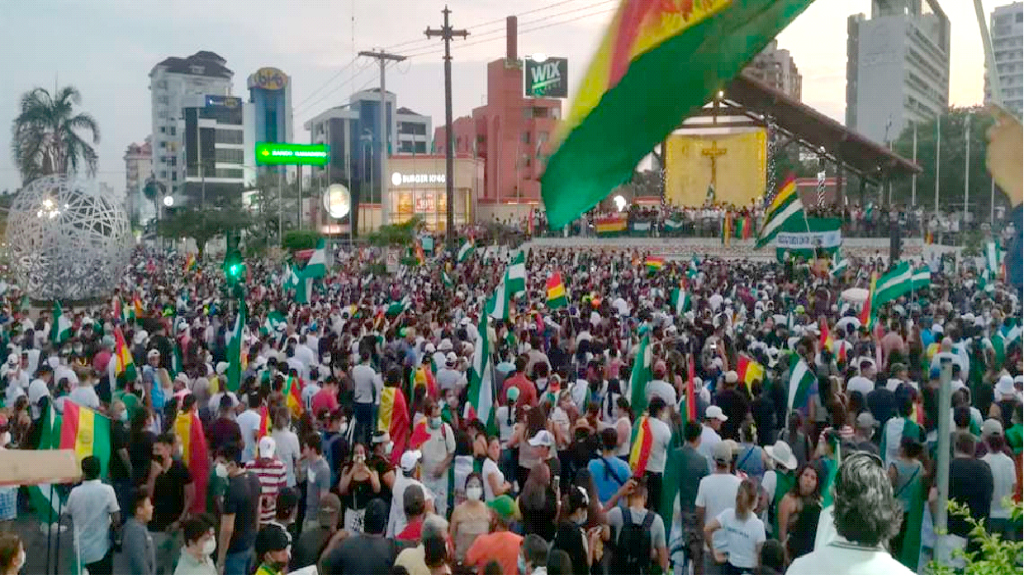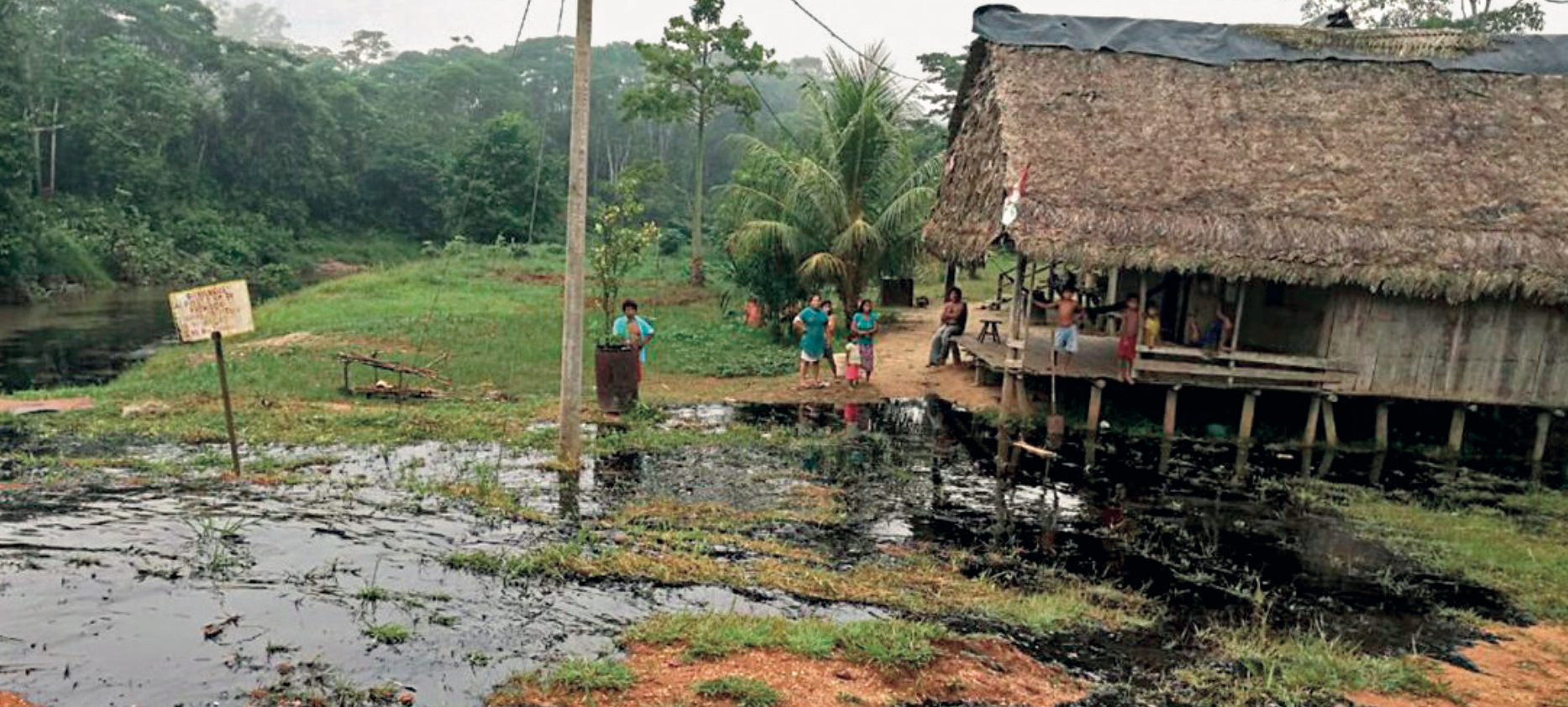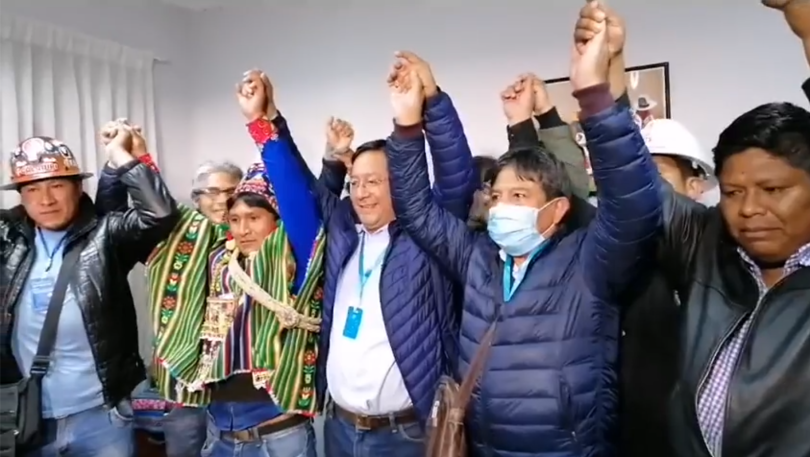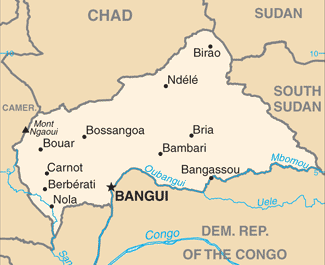
Franco-Russian game in Central African Republic?
French and Russian military networks are backing rival forces to influence upcoming elections in Central African Republic according to a new report by The Sentry, a Washington-based NGO co-founded by Hollywood actor George Clooney. France used to call the shots in CAR, its former colony, but President Faustin-Archange Touadéra has allied himself to Russia and availed himself of the Wagner Group, a shadowy mercenary organization linked to Vladimir Putin. The Sentry claims France now supports a rebel coalition that opposes Touadéra—who is standing for a second term in December—though the French foreign ministry denies the accusation. All of this spells bad news for ordinary Central Africans, who have suffered under rebel groups for years. More than one in four are currently internally displaced or living as refugees in neighboring countries. (Map via Perry-Castañeda Library Map Collection)



